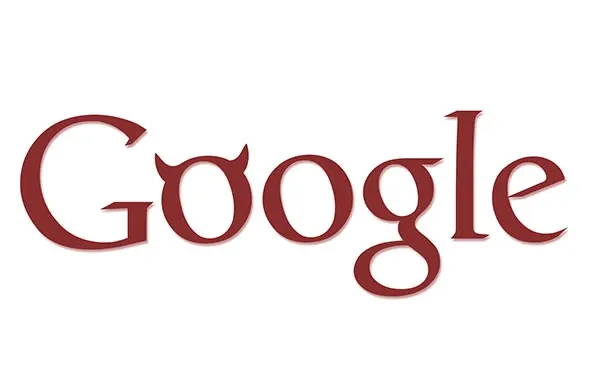A Solid Opening Quarter of 2024 for A1 Group
In the first quarter of 2024, Austrian-based A1 Group reported solid results.

Google is giving marketers more control over their online ads after a slew of brands halted spending in the U.K. over concerns about offensive content, according to Bloomberg. The Alphabet unit also expanded its definition of hate speech under its advertising policy to include new protected groups, such as refugees, and incendiary language about gender and sexual orientation. The new policies apply to the YouTube online video service and Google’s expansive network that serves ads across the web.
"We know advertisers don’t want their ads next to content that doesn’t align with their values. So starting today, we’re taking a tougher stance on hateful, offensive and derogatory content," Philipp Schindler, Google’s chief business officer, wrote in a blog announcing the changes. The moves are aimed at rebutting criticism the search giant has not done enough to curb hate speech online, but they also thrust Google further into a heated public debate over censorship and political ideologies.
The new policies mark a sharp turn for Google, which has historically largely hewed to its position as a neutral host of outside sources of online content. However, as the company has grabbed a greater share of digital advertising, and bids for more television ad dollars, criticism of its stance has grown. This came to a head in recent days after the London-based Times newspaper reported ads from marquee brands in the U.K. were running with videos that promoted terrorism or anti-Semitism. Several marketers pulled their ads from Google properties in the country in response.
Google’s changes give advertisers two key new capabilities. The first introduces a default setting for those starting a marketing campaign. When they sign up, Google will automatically exclude websites and videos deemed "potentially objectionable." The second feature offers more granular control over where advertisers place ads: Companies can now pick or exclude certain keywords, topics or websites. Previously this was set up for each campaign, while now it applies to all campaigns run by specific marketers.
With each tweak, Google hopes to give advertisers more responsibility over where their ads show up online. The rise of automated, or programmatic, ad-serving has complicated this process. Of course, Google, the world’s largest digital advertiser, has been one of the biggest beneficiaries of this trend. Additionally, Google is bringing more safeguards for advertisers against spam video accounts on YouTube, while increasing staff to enforce its content policies for advertising.
The more dramatic Google decision, however, involves online speech. Its prior ads policy was fairly boilerplate, restricting content that contains harassment and incites violence against groups based on race, religion or gender identity. Google is now expanding that to "vulnerable" populations and refugees. Moreover, the company said it’s broadening what statements it considers incendiary to include speech it defines as humiliating and demeaning to targeted groups. That includes phrases like, "women shouldn’t study math" and "gay rights have made us dumber.